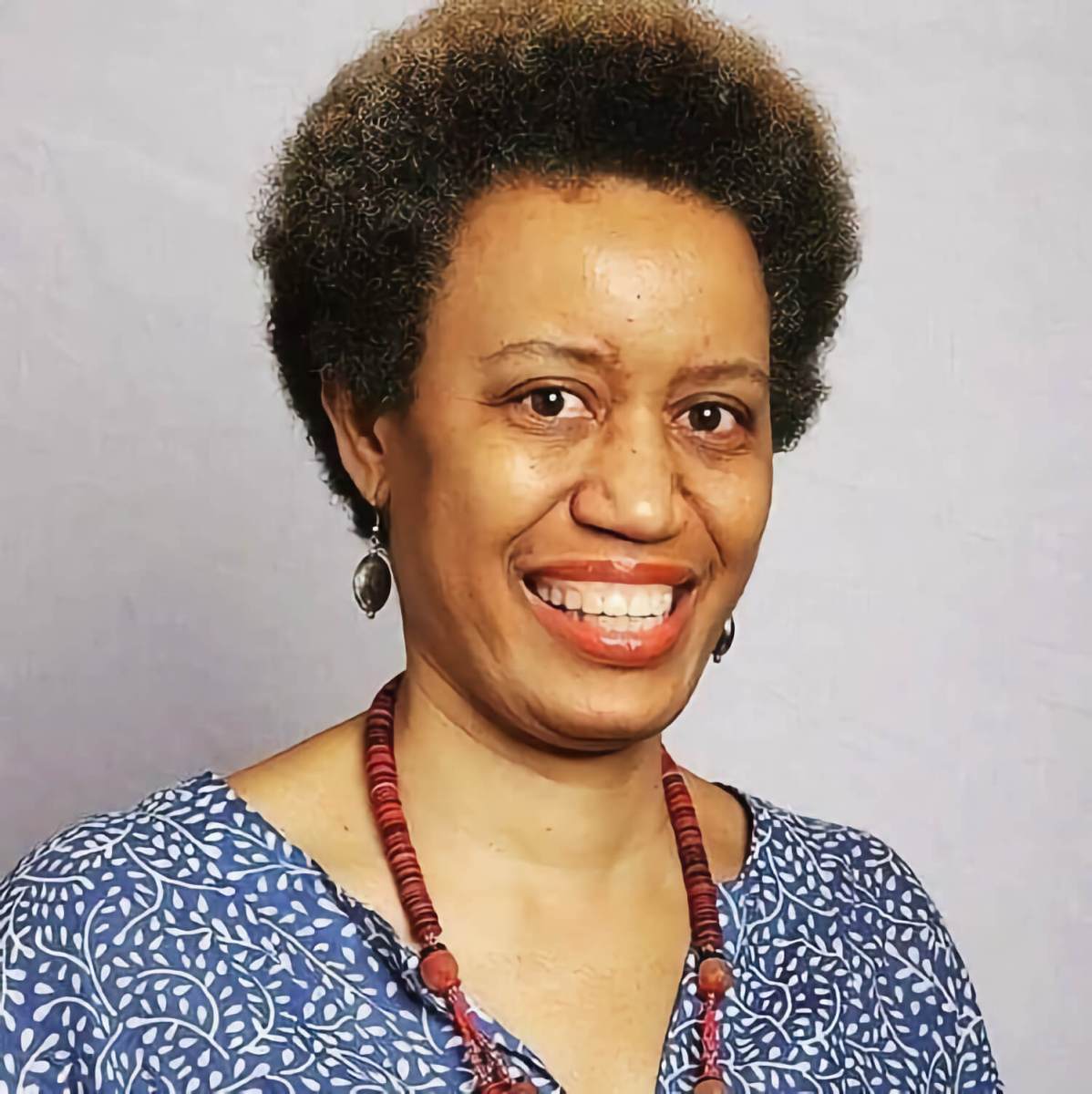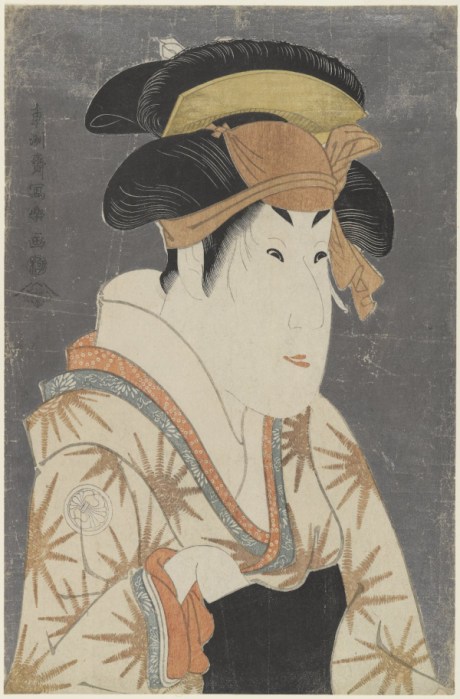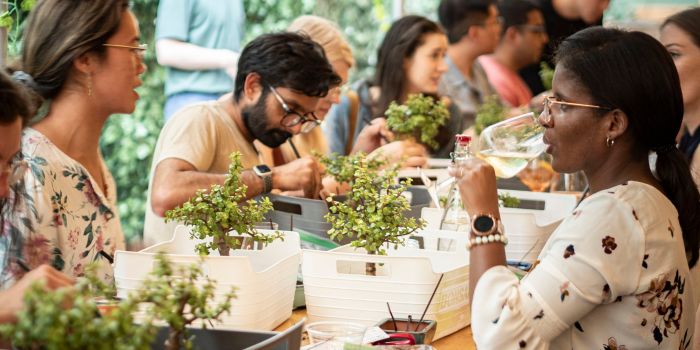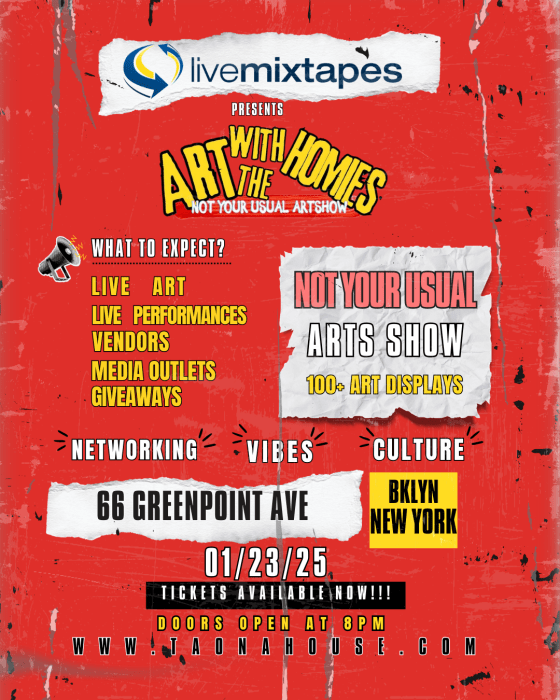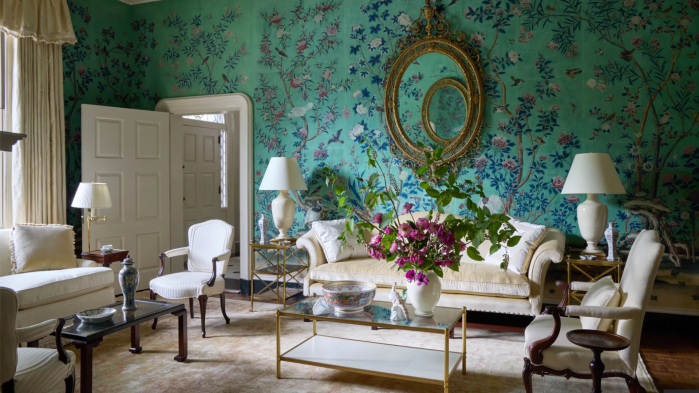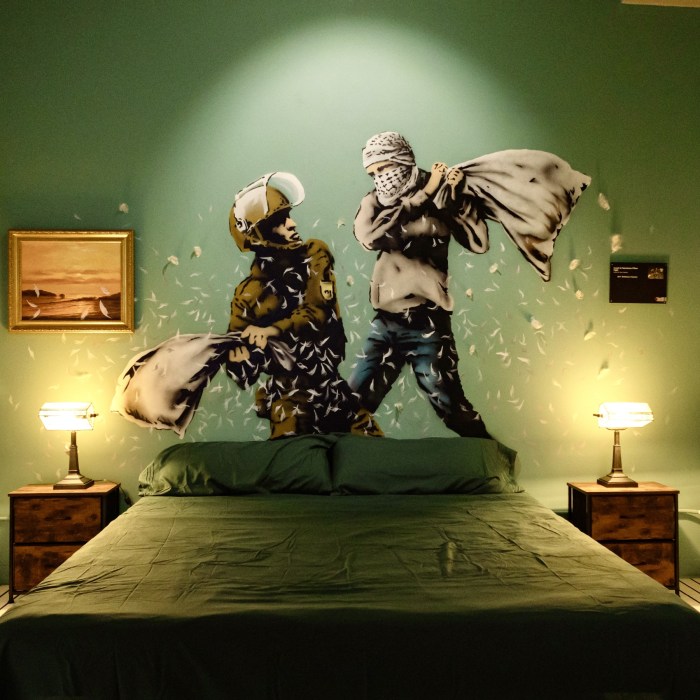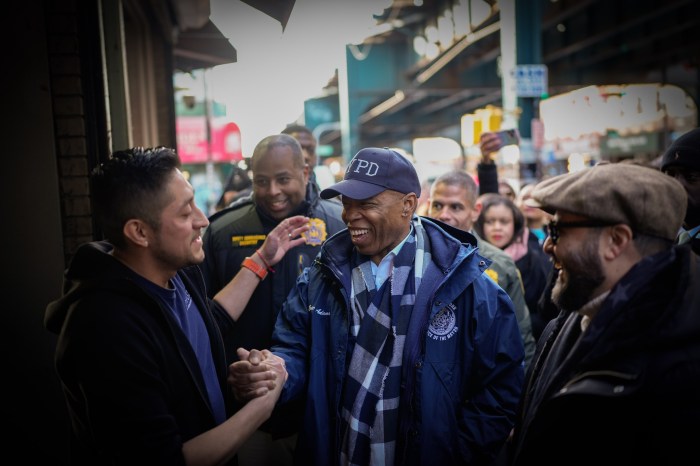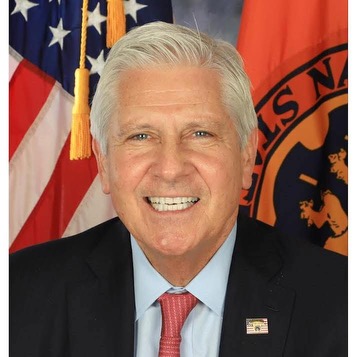Atim Annette Oton is a native of Nigeria, on the continent of Africa. What may come as a surprise to many: she never skips breakfast, and aims to eat the standard of three meals a day.
Her father was from the south east of Nigeria from a town called Eket in Akwa Ibom State. Her mother was born in Harlem, and is of Trinidadian and Jamaican descent. Oton is the curator at Calabar Art Gallery in Harlem, named after the Nigerian city of Calabar.
The greatest influences on her path were her parents, along with a mentor. “My parents — they lived life fully and made me think the world was mine as a Black African child living in Nigeria and spending summers in Europe and the US,” she stated.
“One of my mentors was the prolific Black architect Max Bond, who I later worked for when I was in architecture. He was the one who taught me the philosophy that ‘Architecture is Revolution’, which I adapted to ‘Design is Revolution’ and ‘Business is Community,’” she added.
Oton’s parents were focused on education as a path to success. An act of kindness she remembered was when her parents would pay to send people to school.
“My mother was focused on artists and supported their work by buying. Acts of kindness in Nigeria I saw were usually focused around providing access for others – to gain employment or to eat without paying for meals,” she continued.
She said that since coming to New York, she has seen residents being supportive in their local neighborhoods, doing simple things like cleaning up streets and supporting local businesses before and after the pandemic.
Growing up in Nigeria, her hobbies included tennis and chess. Now, she does a lot more reading.
Other ways that Oton has made contributions to her NYC community now include serving 13 years on Community Board 8, which represents Prospect Heights, Crown Heights and Weeksville. Most of those were spent as the chair of the Economic Development Committee.
She is big on purposeful activities in the community, such as the Harlem Arts Stroll and Crown Heights Arts Stroll to bring the local community into art galleries and spaces. Additionally, she was also involved with the Crown Heights Job Fair to bring employers and jobs to community residents. “Both are about Economic impact for the community and businesses who participate,” she added.
In regards to creating opportunities for African, African American, and Caribbean communities, Oton is “very interested in issues we are having in workforce shortage, hiring gaps in jobs and inadequate training for the paradigm shift that is coming and is currently happening as technology takes over.”
It is clear that since the pandemic, these issues have escalated. “We need to expand the numbers, create more strategies to give people varied skills and stop the unemployment numbers in the African, African American, and Caribbean communities,” Oton continued.
Oton wants to have a way to make this change in the workforce, so job fairs are the start. She will be taking part in the Bed-Stuy Job Fair, being held on Sept. 19 this year at Marcy Plaza. Find details on the Job Fair here: https://www.eventbrite.com/e/bed-stuy-job-fair-tickets-648134817687.
Oton said her legacy “will revolve around art and what Calabar Gallery does for Black artists locally and globally via our exhibitions in and out of our gallery, in art auctions, art fairs, art licensing opportunities and through our residencies.”
For the gallery, Oton states “the legacy is about providing places, opportunities and support for artists to innovate, sustain, grow and expand their work and careers.”
Ways the gallery is doing this include the creation of 3 Social Justice Art Residencies: one at coLAB Arts in New Jersey, the Grenada Arts Residency based out of Cannes Brulees Rum Factory in Grenada, and one with the Elizabeth Foundation for the Arts in Manhattan.
Learn more about the residencies here: https://calabargallery.com/art-residencies/.
For the younger generation, it’s about bringing more young people to art through local art strolls and the art projects we expose them to. “It’s also about growing Black Women Art Collectors — an initiative to increase the number of collectors, particularly the next generation,” she added.
To stay updated on the work of Oton and Calabar Art Gallery, those who are interested can follow the gallery on social media, and subscribe to their newsletter, which can be found here: https://calabargallery.com/.


